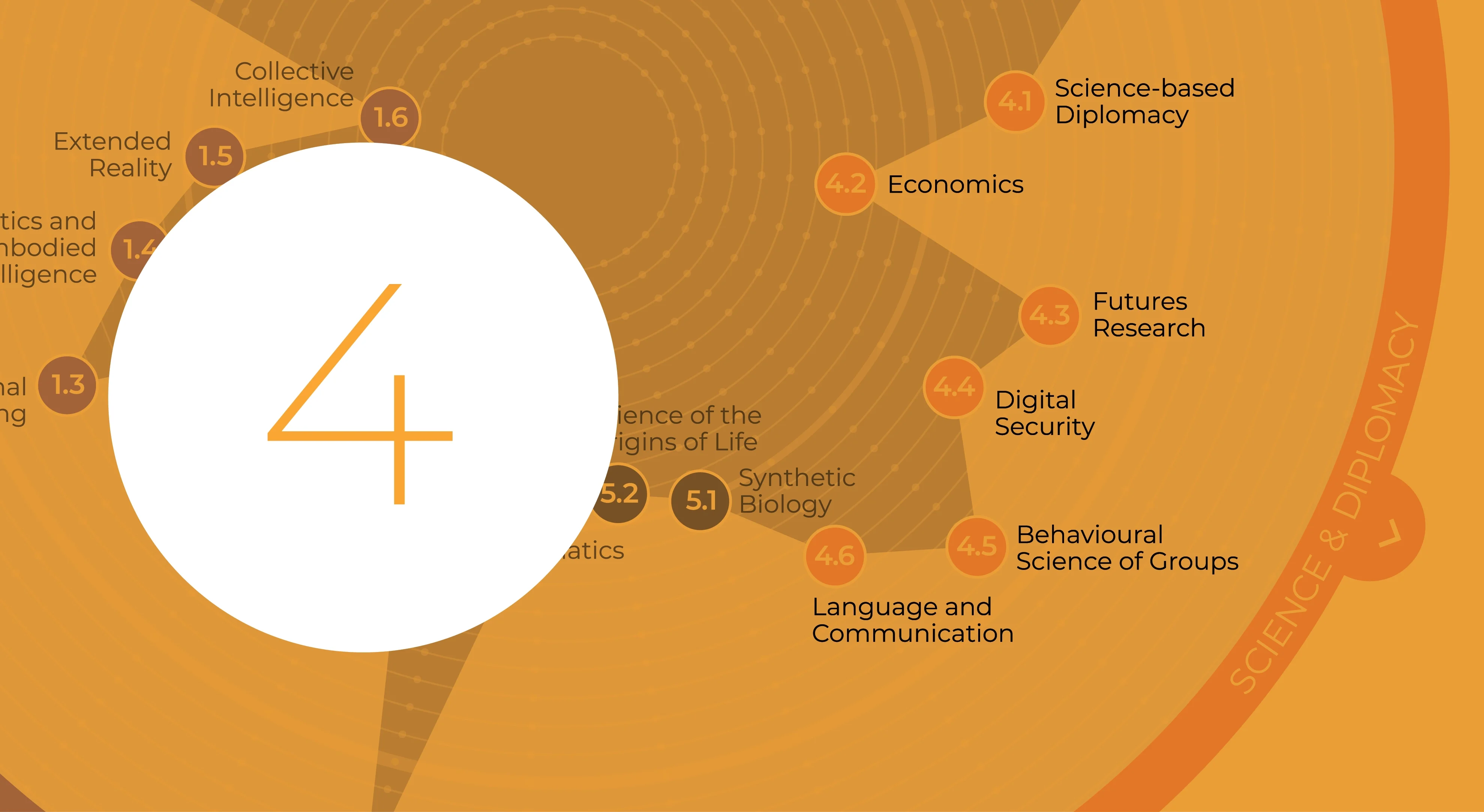Traditional economic models have long assumed rational decision-making by individuals and organizations. However, behavioral economics integrates psychological insights to explain how cognitive biases, social preferences, and limited willpower systematically affect economic decisions. This field has revolutionized policy approaches through “nudges” and choice architecture, challenging fundamental assumptions about market efficiency. As neuroscience, AI, and big data analytics advance, behavioral economics stands at a crucial intersection of multiple disciplines. Here we will explore how behavioral economics is reshaping economic theory, what methodological innovations are emerging, and what transformative insights might emerge over the next 5, 10, and 25 years that could fundamentally alter how we understand and influence economic behavior at individual and societal levels.









